Description
Borlotti Parisi Beans
Borlotti Beans have an intense flavor and are particularly suitable for soups, stews and purees. Borlotti beans are the seeds, contained in pods, of the Bean plant (Phaseolus vulgaris, family Leguminosae). Borlotto is just one of more than 500 varieties of beans cultivated by man. Like other types of common beans, it is native to Canada and is distinguished by the classic red veins on the seeds and pod. Throughout the summer season they are found fresh in their pods. Dry ones require overnight tempering in water
Properties and Benefits
-
- Rich in vitamins A, B, C, E, minerals and trace minerals (iron, potassium, phosphorus, zinc and calcium), they are a nutritionally complete food. Let’s take a closer look at its components:
- Protein: The protein content of beans is quite high, making these legumes particularly attractive for consumption by vegetarians or vegans;
- Carbohydrates: the main carbohydrate found in beans is starch, which accounts for about 48 percent of the total calorie content. Starch is composed of two polymers, amylose and amylopectin. Beans have a relatively high percentage of amylose compared to most other food sources of starch, a characteristic that defines the starch in these legumes as “slow-release” in that it is less easily digested than amylopectin;
- Fiber: Beans are an excellent source of fiber, the benefits of which are increased satiety, improved intestinal transit and reduced absorption of simple sugars and fats, especially cholesterol;
- Vitamin C: antioxidant par excellence, very common in fruits and vegetables and present in good amounts in beans, is an essential co-factor in the synthesis of proteins and hormones, contributes to the protection of cells from oxidative stress and to the normal function of the immune system (including during and after intense exercise);
- Folic acid (vitamin B9): essential for normal cell function, tissue growth, in reducing both physical and mental fatigue;
- Potassium: Beans are a good source of potassium, the essential mineral involved in blood pressure control, cardiac health, nerve transmission, and water-salt exchange at the cellular level.
Beans have a laxative effect, useful in cases of constipation and hemorrhoids, and help lower cholesterol, triglycerides and even blood sugar, and are therefore indicated in cases of diabetes. As with other legumes, beans contain lecithin, a phospholipid that promotes the emulsification of fats, which thus do not accumulate in the bloodstream, keeping cholesterol levels at bay. Therefore, beans are protective of the cardiovascular system and capable of lowering blood pressure.
Bean pods are recommended at the end of a diet to stabilize body weight.
Conservation
Store our peanuts in cool, dry places, away from sources of heat and moisture.

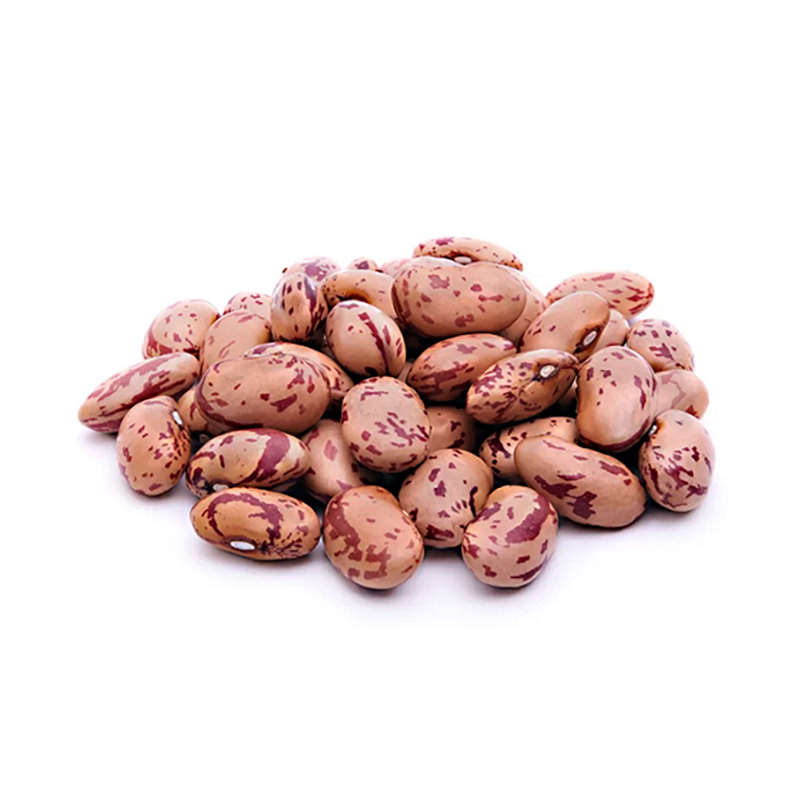
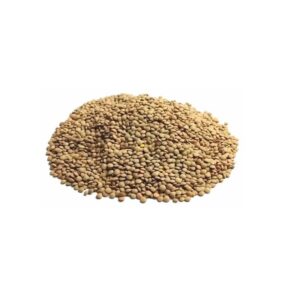
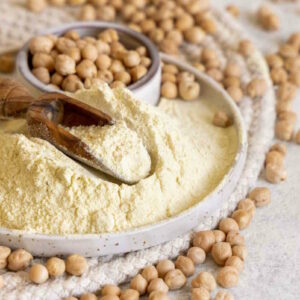
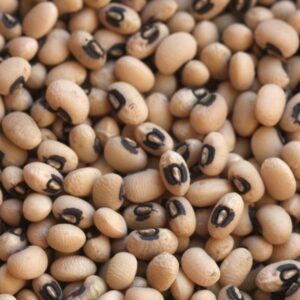
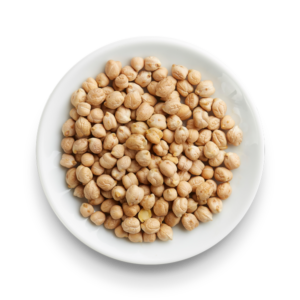
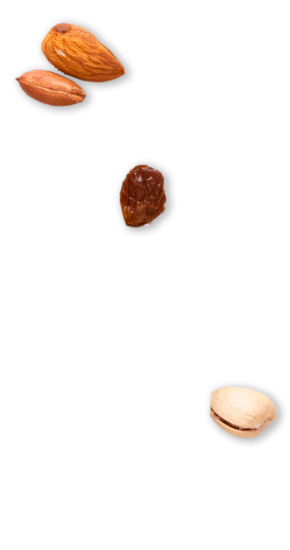







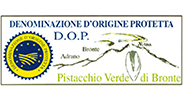



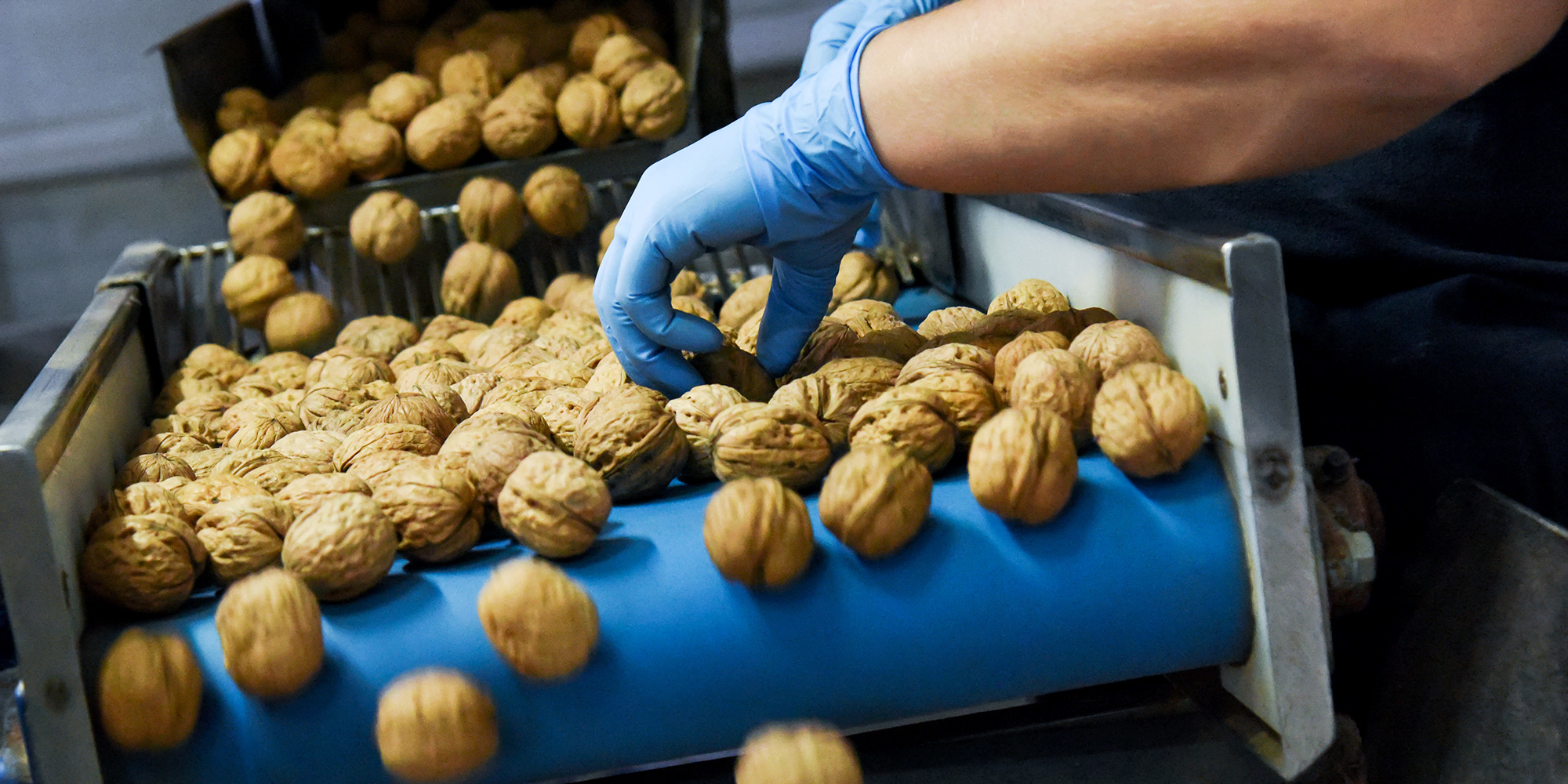
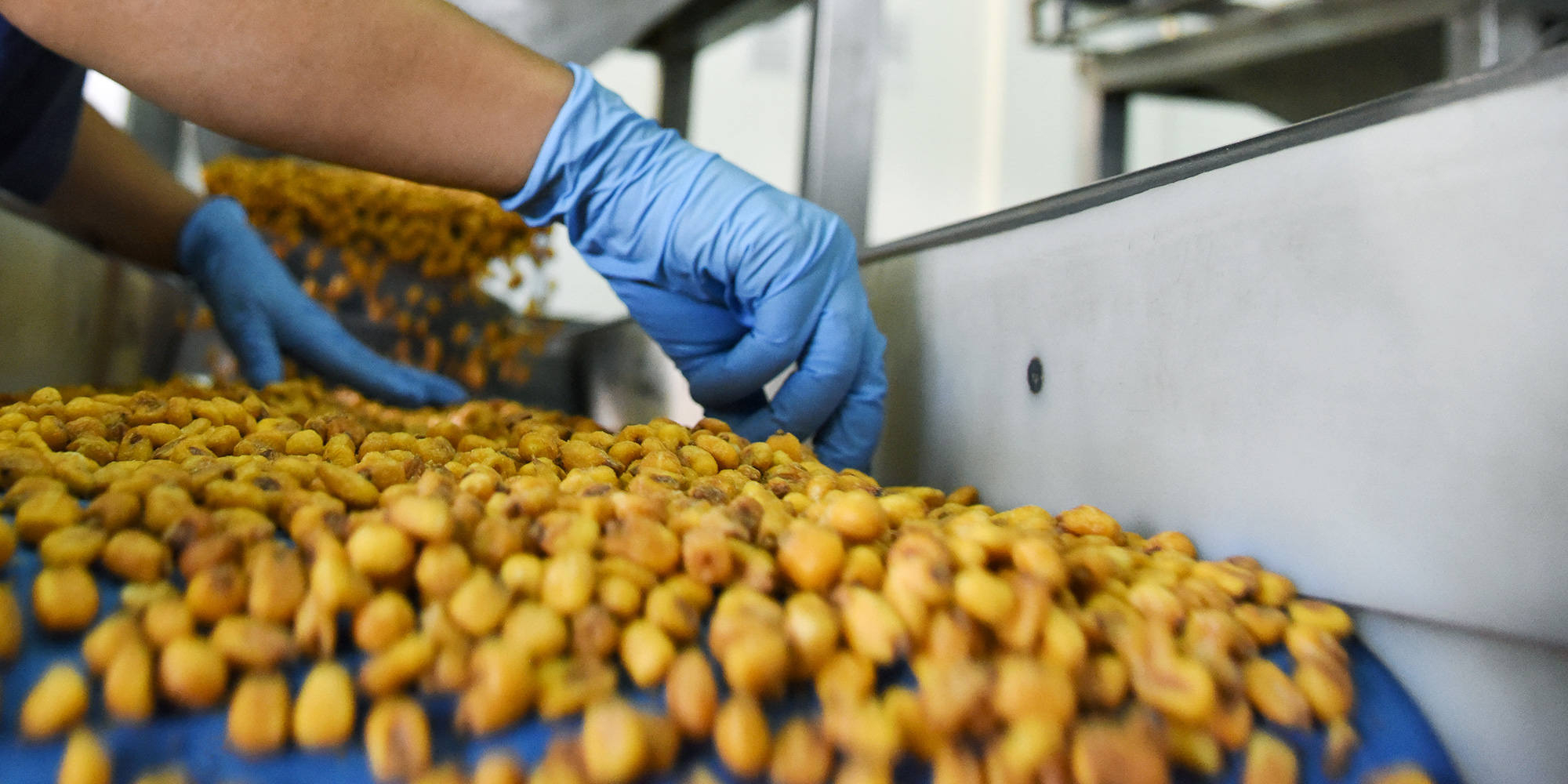
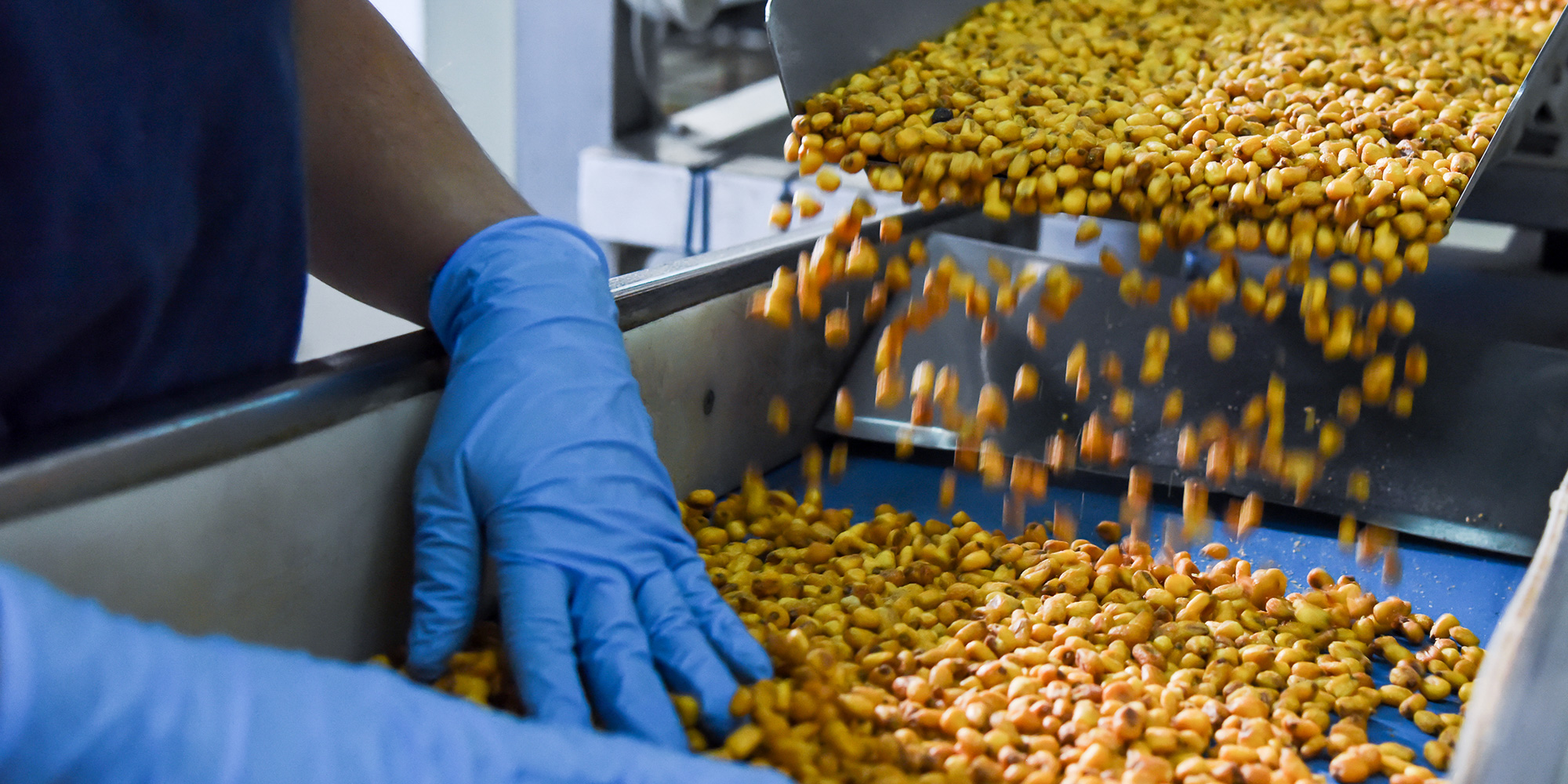
Reviews
There are no reviews yet.